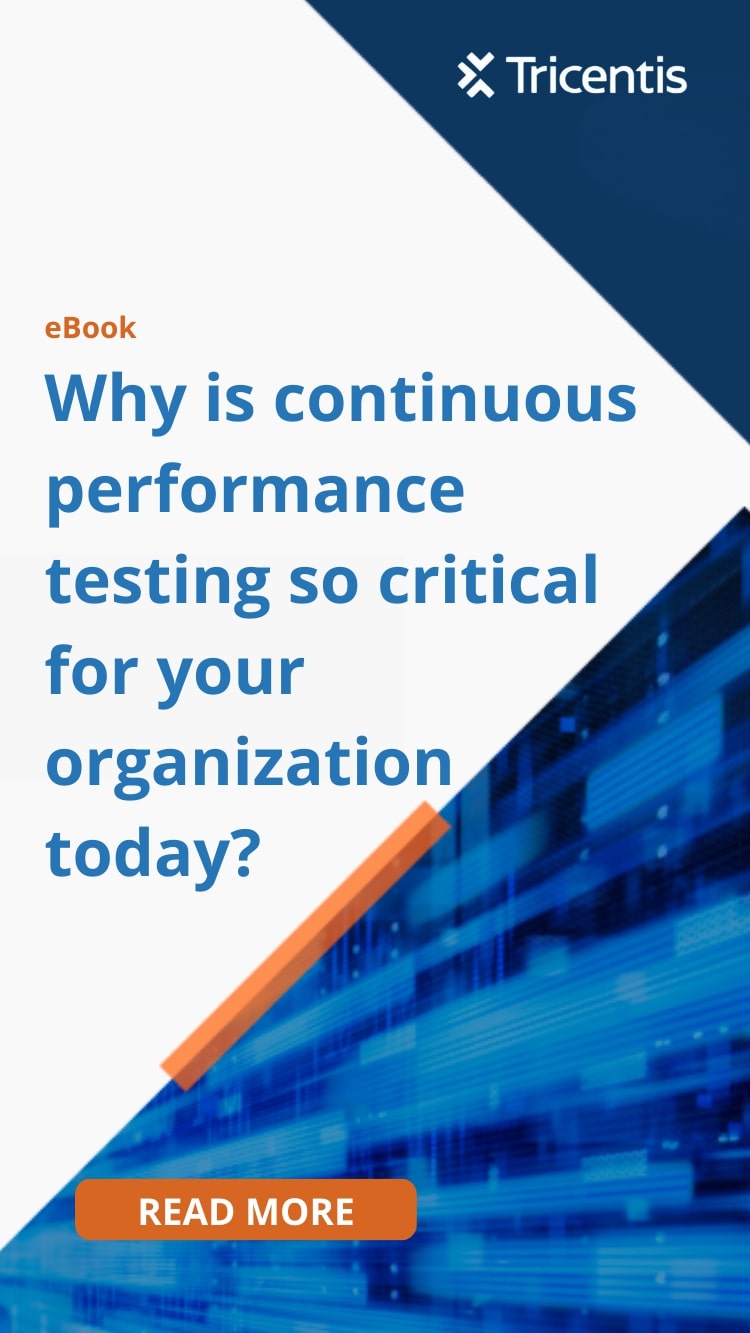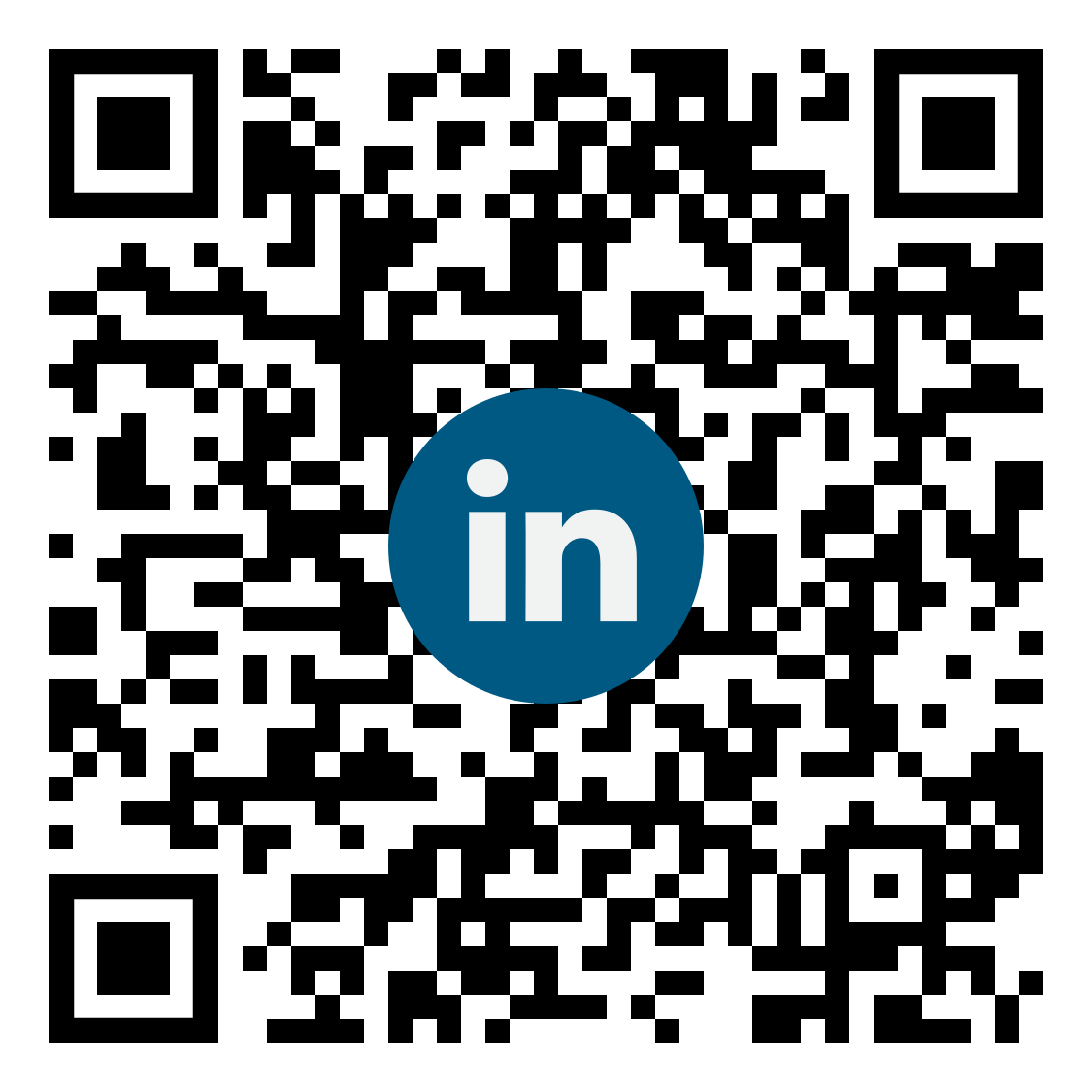Relentless tech advances, especially in AI, have disrupted the workplace big time. Side-by-side, there is a crippling skills shortage. Skill development has not kept pace with technology. The World Economic Forum’s “Future of Jobs Report 2023″ gives a very interesting statistic – about 44% of all workers will need to update their skills in the next five years, as their jobs get disrupted by automation and other technology.
IT teams are no different.
Here are the key skills needed for the IT workforce to thrive and future-proof themselves in today’s fast-changing digital era.
Cloud Skills
Cloud computing has become the new normal of computing. The cloud requires a different set of skills, compared to traditional on-premises systems.
IT teams need proficiency in
- Setting up scalable, elastic, and cost-efficient cloud systems and applications.
- Networking concepts such as subnets, VPSs and load balancing to design and implement cloud networks.
- Virtualisation technologies and using containers in the cloud.
Especially valuable is familiarity with dominant tools such as Ansible and Terraform.
Certifications from major cloud platforms such as AWS, Azure, and Google Cloud help the It worker to get ahead.
Data Skills
There is no workaround to dealing with data today. Employees across the board need competencies to gather, organise, and analyse data. While analytical tools do the job, employees still need to identify relevant data, prioritise insights, and act on it. The IT team has extra stakes in data compared to the general workforce. IT is the go-to team on which the entire enterprise relies for their data-related initiatives.
IT teams need to master data engineering. They need expertise in:
- Designing, building, and maintaining data pipelines.
- Predictive analytics techniques.
- Analysing numbers.
- Building systems for data ingestion, transformation, and storage.
- Data visualisation. Expertise in tools such as Power BI, Tableau, and D3.js delivers an added advantage.
- Competence in Python, R, SQL and NoSQL.
Competence in Cyber-Security Best Practices
IT teams, cutting across their job profiles, need basic levels of cyber security competencies. IT professionals need the ability to:
- Keep abreast of the latest cyber threats and vulnerabilities, to stay ahead on emerging attack techniques.
- Implement the basics of network security, such as configuring firewalls, setting up intrusion detection systems, encrypting data, and so on.
- Track security best practices relative to the enterprise and network configuration.
- Gain competence in the in-vogue security concepts and approaches, such as Zero Trust.
- Keep data safe from phishing and other attacks and implement access control policies.
Skills in Artificial Intelligence (AI) and Machine Learning (ML)
Machines will take away 85 million jobs by 2025. But at the same time, 97 million new roles will emerge. These new jobs will require working alongside robots or leveraging AI in a big way.
In IT, AI will take over tasks related to routine provisioning, network monitoring, optimising resource use, and more.

Humans will have to up their game and become more adept in higher-level tasks. They also need to develop skills to work alongside machines. For IT teams, this means leveraging AI for work.
The IT workforce must leverage AI to improve their work efficiency and decision-making skills. They need a strong grasp of the data science fundamentals and proficiency in:
- Data cleaning, preparation, and analysis.
- Extracting insights from large datasets.
- Popular frameworks such as PyTorch, Scikit-learn, and TensorFlow.
They also need to understand the ethical implications of AI and ML, to develop unbiased AI systems.
Competence in Emerging Technologies
Technology is in a continuous state of churn, with skills and competencies having an extremely short shelf life. IT workers can future-proof their careers by acquiring skills and competence in emerging areas, such as:
- Designing serverless applications.
- DevOps practices
- CI/CD pipelines. Especially valuable is familiarity with CI/CD tools such as CircleCI, GitLab, and Jenkins.
- Blockchain
- Internet of Things.
Soft skills
With AI taking over routine work, human employees need soft skills to solve complex problems and drive innovation. In fact, soft skills justify their place in the enterprise.
Critical thinking, analytical and problem-solving skills make it easy to analyse information.
Employees with creative skills think outside the box and come up with innovative solutions to problems. Consider an automation project. The developer could follow a standard solution that delivers predictable results. But such an output will have no differentiation from existing products. Or the developer could experiment with new programming techniques or libraries. The output may fail or deliver a very efficient and innovative solution. Creative thinking improves performance and increases the chances of delivering superior customer experiences.
High emotional intelligence (EQ) enables employees to understand and manage emotions. Employees with high EQ can cope with difficult situations, manage conflicts, and build teams better. Consider a scenario where a developer works on a project with a tight deadline, and a team member makes a major error that causes a big setback. Team members with low EQ get frustrated and escalate the situation by blaming the team member. Team members with high EQ remain calm and collaborate to find a solution.
Another key soft skill is effective collaboration and communication skills. These skills allow the workforce to engage with colleagues, clients, and other stakeholders. IT teams especially need such skills to explain complex technical skills in simple language to end users.
Ability to Perform Independent Work
Supervisors no longer hand-hold employees. Only employees capable of self-management will survive the workforce of tomorrow.
Self-management includes active learning. The onus is on the employee to adapt to new situations. They need to unburden themselves of legacy knowledge. They have to unlearn old paradigms and acquire the latest knowledge and skills.
Also, in today’s fluid ecosystem, making mistakes is commonplace. Innovation and mistakes go hand in hand. Mistakes can also happen even when doing routine things. Success depends on cultivating a mindset to recover from mistakes.
Success depends on
- A positive mindset, considering every failure or mistake as a learning opportunity.
- Remaining calm under pressure.
- Ability to manage stress.
- Overcoming mental barriers. Employees have to develop a mindset of getting out of their cost status-quos and embracing uncertainty.
Employer Initiatives
Remaining competitive and employable is no longer a matter of knowing specific skill sets. Rather, it requires a mindset of continuous learning, and willingness to innovate. The onus lies on employers to cultivate such a workforce.
Enterprises need to
- Simulate a culture that appreciates and encourages new ideas, transparency, and risk-taking. An atmosphere of trust and respect allows the workforce to take the initiative to innovate.
- Conduct skill-gap analysis and launch targeted training programs to address such skill gaps.
- Offer resources such as digital self-learning platforms and peer-to-peer learning programmes.
- Provide knowledge workers with goals instead of instructions. For instance, a command “fix the bug in the production server that’s causing the website to crash,” may get the work done. But a goal of “maintaining website uptime of 99.9%” ensures sustainable excellence.
Investing in these skills sets the IT workforce for success. They become more agile and better equipped to solve complex problems and drive digital transformation.












